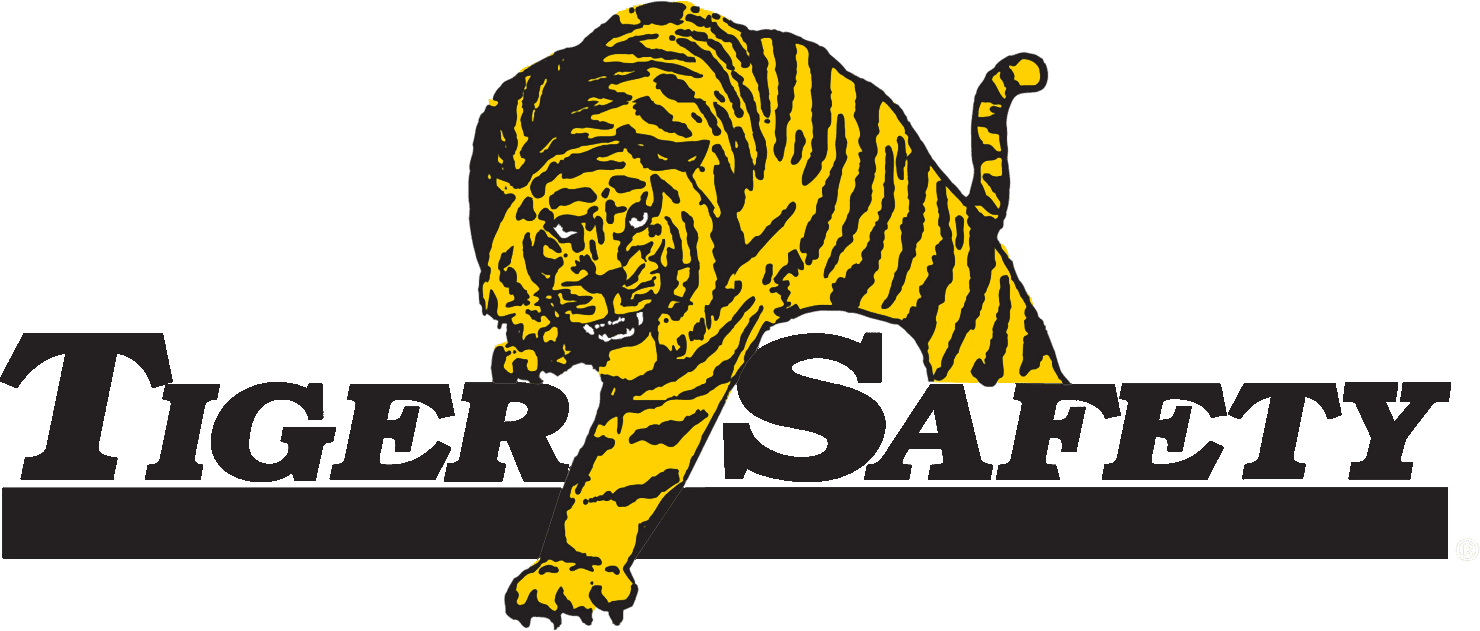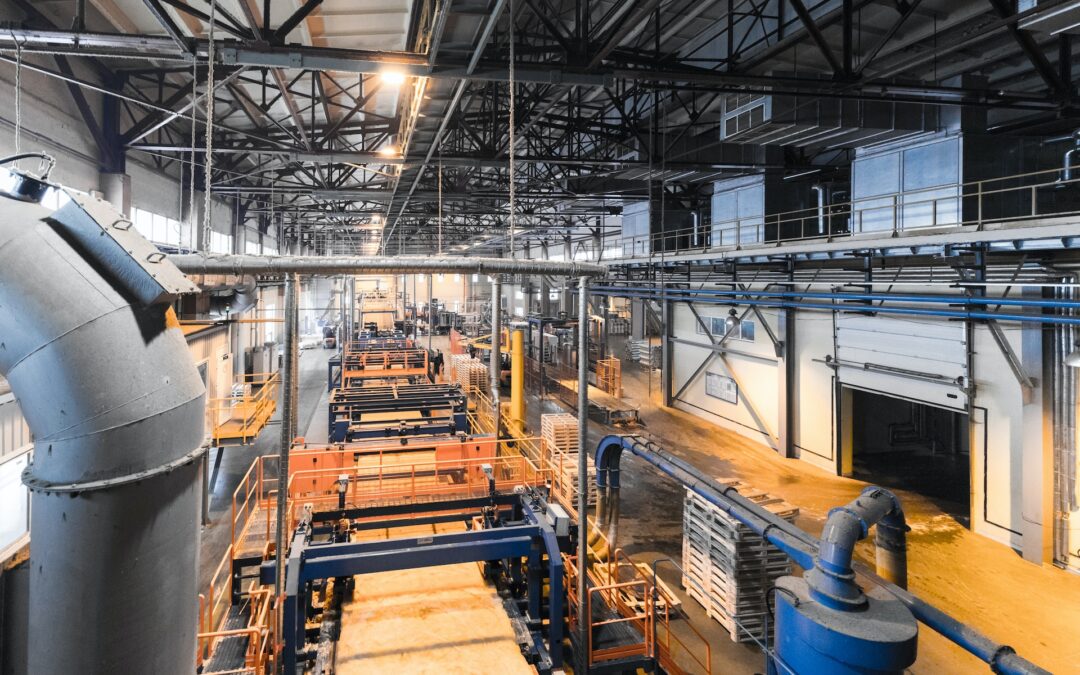Fire safety is a critical aspect of operations in the oil and gas industry. With hazardous materials, flammable fuels, and potentially explosive environments, ensuring the safety of both personnel and infrastructure is paramount. This article will delve into the key aspects of fire safety in the oil and gas industry, common fire hazards, and the steps needed to prevent and combat fire risks. Additionally, explore how partnering with Tiger Safety Rentals can provide your operation with the specialized equipment and expertise necessary to manage and mitigate fire hazards effectively.
As a leading provider of specialized safety services and equipment, Tiger Safety Rentals is committed to addressing the unique fire safety challenges faced by onshore and offshore oil and gas companies. Our comprehensive selection of fire safety equipment and resources, combined with our expert consultation and support, enables your operation to maintain a safe and secure working environment.
Read on to learn more about identifying fire hazards in the oil and gas industry, the benefits of implementing an effective fire safety program, and how Tiger Safety Rentals’ expertise and equipment can help you protect your personnel and valuable assets from the destructive potential of fires.
Fire Safety in the Oil and Gas Industry: Combating Risks with Tiger Safety Rentals
Understanding Common Fire Hazards in the Oil and Gas Industry
To effectively mitigate fire risks, it is crucial to be aware of the most common fire hazards encountered in the oil and gas industry, such as:
- Flammable Liquids and Gases: The presence of flammable and combustible materials, including crude oil, natural gas, or various petrochemicals, can create an increased risk of fires and explosions if not handled, stored, or processed properly.
- Ignition Sources: Ignition sources such as open flames, sparks from electrical equipment, static electricity, or friction can quickly turn a small fire into a devastating blaze or explosion if they come into contact with flammable substances.
- Inadequate Ventilation: Poor ventilation can lead to the accumulation of combustible gases, vapors, or dust, increasing the likelihood of fire or explosion if an ignition source is present.
- Equipment Malfunction or Human Error: Fires can often be traced back to equipment malfunction, inadequate maintenance, or human error, making it essential to enforce appropriate safety protocols and regularly inspect and maintain equipment in good working condition.
Developing an Effective Fire Safety Program
An effective fire safety program is vital to minimize fire risks, protect personnel and assets, and ensure ongoing operational efficiency and productivity. Key components of an efficient fire safety program include:
- Risk Assessment and Planning: Conduct comprehensive assessments of your operation to identify potential fire hazards and outline procedures and strategies to address these risks. Regularly update and refine your fire safety plan as new challenges or vulnerabilities emerge.
- Training and Education: Provide all personnel with thorough training on fire safety best practices, hazard recognition, the use of firefighting equipment, and emergency response actions. Regularly update the training to keep staff informed about new risks or safety procedures.
- Fire Prevention Measures: Implement fire prevention measures such as proper storage and handling of flammable substances, regular inspection and maintenance of equipment, controlling ignition sources, and ensuring adequate ventilation in work areas.
- Fire Detection and Suppression Systems: Install appropriate fire detection and suppression systems, such as fire alarms, smoke detectors, and automatic sprinklers, to quickly detect and control fires should they occur.
Selecting the Right Fire Safety Equipment for Your Operation
Choosing the proper fire safety equipment is essential for the protection of your personnel and infrastructure. Some of the vital fire safety equipment needed for oil and gas industry operations include:
- Fire Extinguishers: Ensure fire extinguishers rated for the specific hazards present in your operation are readily available and clearly marked for easy access in case of emergency.
- Fire Detection Equipment: Install fire detection devices, such as smoke detectors and fire alarm systems, to provide early warning in the event of a fire or potential hazard.
- Fire Suppression Systems: Equip your facilities with fire suppression systems, such as automatic sprinklers, foam, or CO₂ systems, designed to combat the specific fire risks present in your operation.
- Personal Protective Equipment (PPE): Provide appropriate fire-resistant PPE, including flame-resistant clothing, gloves, and face shields, to protect workers in areas where fire hazards exist.
Partnering with Tiger Safety Rentals for Fire Safety Solutions
Tiger Safety Rentals offers a comprehensive suite of fire safety equipment and services tailored specifically for the oil and gas industry:
- Specialized Fire Safety Equipment: Our extensive range of fire safety equipment includes fire extinguishers, fire detection devices, fire suppression systems, and fire-resistant PPE, ensuring your team has access to the highest quality equipment designed to address your industry’s unique fire risks.
- Expert Fire Safety Consultation and Support: Our team of experienced professionals can help you determine the most efficient fire safety solutions for your operation, from equipment selection to the development of fire safety protocols and response plans.
- Comprehensive Fire Safety Training: Tiger Safety Rentals offers in-depth training in fire safety best practices, proper equipment usage, hazard identification, and emergency response actions, arming your workforce with the knowledge and skills necessary to effectively manage and mitigate fire risks.
Conclusion
Oil and gas operations face unique fire hazards, making robust fire safety programs and equipment essential for managing risks and protecting personnel and facilities. By understanding the common fire hazards, implementing effective fire safety measures, and partnering with Tiger Safety Rentals for specialized equipment and support, you can safeguard your workforce and valuable assets while maintaining operational efficiency.
Contact Tiger Safety Rentals today to learn more about our fire safety solutions and discover how our expertise and equipment can help you combat fire risks and keep your operation running smoothly. For unparalleled fire safety equipment and support tailored to the oil and gas industry, turn to Tiger Safety Rentals.

